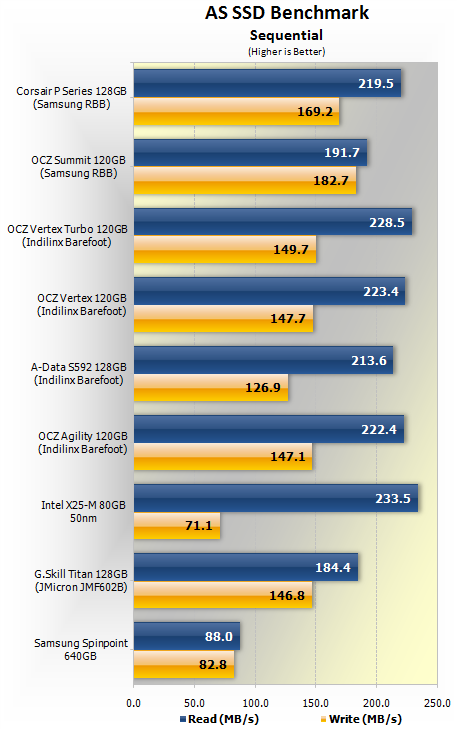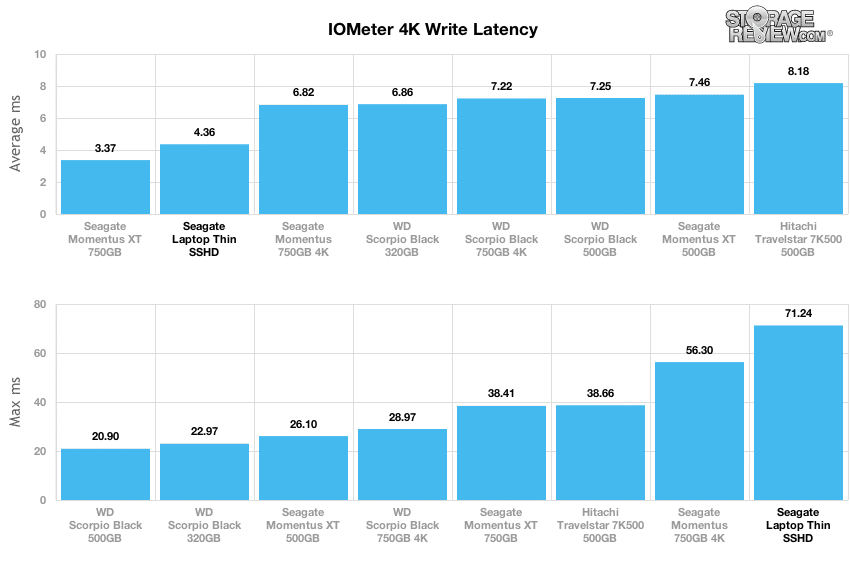

HDD disks use spinning platters of magnetic drives and read/write heads for operation. SSD drives can withstand vibration up to 2000Hz, which is much more than HDD. The moving parts of HDDs make them susceptible to crashes and damage due to vibration. SSD drives are lighter than HDD drives because they do not have the rotating disks, spindle and motor. There are three basic components - controller, cache and capacitor. It is interconnected, integrated circuits (ICs) with an interface connector. SSD has no moving parts it is essentially a memory chip. Read-and-write heads are positioned on top of the disks all this is encased in a metal cas HDD contains moving parts - a motor-driven spindle that holds one or more flat circular disks (called platters) coated with a thin layer of magnetic material. SSD drive performance is not impacted by fragmentation. The performance of HDD drives worsens due to fragmentation therefore, they need to be periodically defragmented. Since no such rotation is needed in solid state drives, they use less power and do not generate heat or noise. Hard disk drives use more electricity to rotate the platters, generating heat and noise.

SSD has lower latency, faster read/writes, and supports more IOPs (input output operations per second) compared to HDD.

But the price will come down in the future.HDD has higher latency, longer read/write times, and supports fewer IOPs (input output operations per second) compared to SSD. Disadvantages: The price of SSD is higher than the HDD. A 2.5-inch SSD has the maximum storage capacity of 15.36 terabytes which is higher than the HDD.

Advantages: Data reading and writing speed is 500MB per second which is higher than HDD. The full form of the SSD is Solid-State Drive which doesn’t have any movable parts and it works just like memory stick. The maximum storage capacity of a hard disk drive is 10TB and its speed is slower than SSD and SSHD but this is the cheapest computer hard disk at the moment. So the usage of HDD will decline in the coming years. This is the most used computer memory drive but latest computers started to use the SSD and the SSHD. They spin and a magnetic reader reads/writes the information in it. How a HDD works? It consist of many disks which are packed together. This is the traditional memory drive which is being used in the computer.


 0 kommentar(er)
0 kommentar(er)
